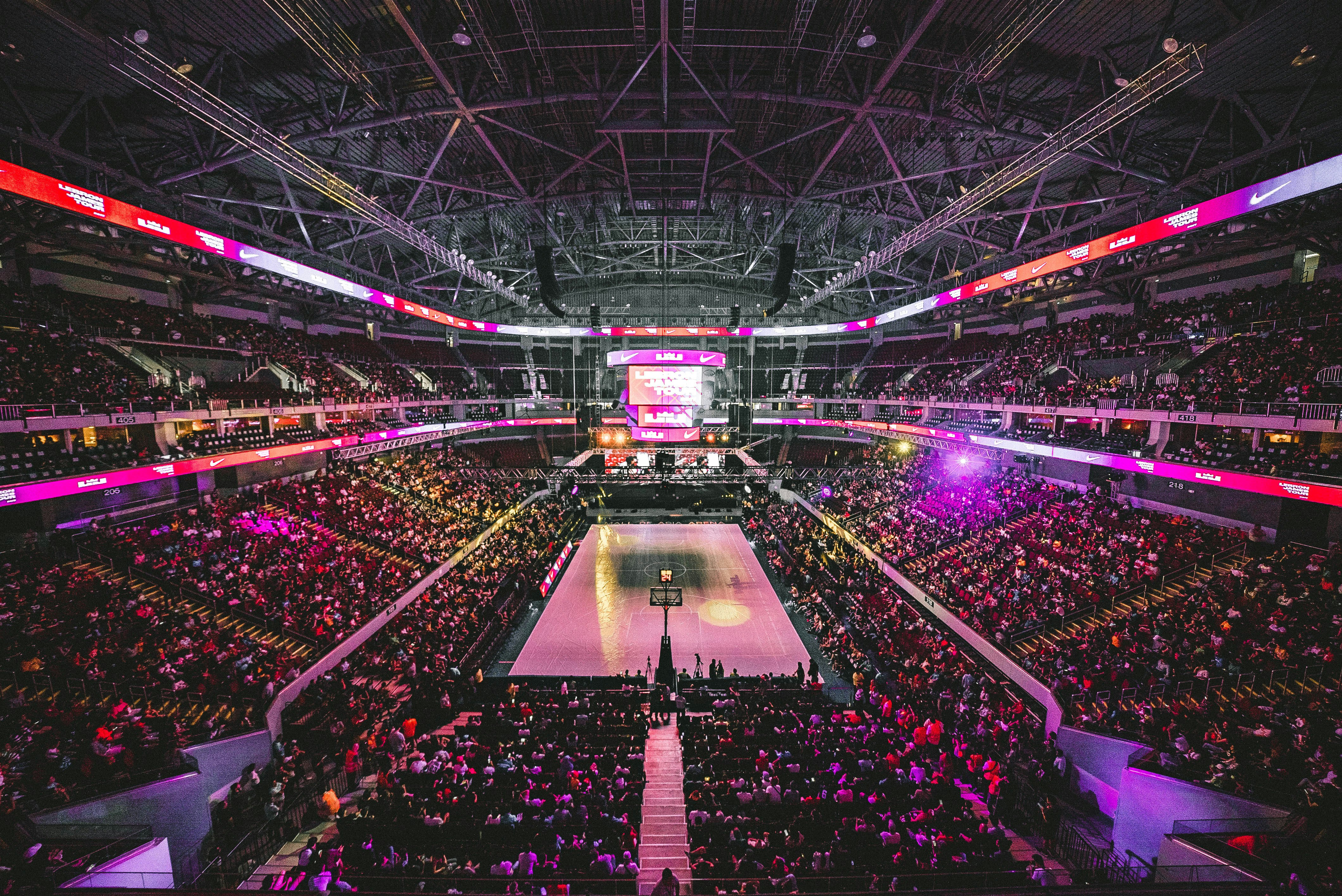NBC's AI Voiceover Plan for NBA Broadcasts Sparks Debate
NBC's announcement to use AI-generated voiceovers recreating the late Jim Fagan's narration for NBA broadcasts has divided fans, with some embracing nostalgia and others expressing concern over AI use in sports media.
Saturday, May 10, 2025
NBC Sports’ decision to revive the voice of late narrator Jim Fagan using AI technology for its upcoming NBA coverage has ignited a polarizing discussion among fans, ethicists, and media professionals. The initiative, part of NBC’s broader strategy to leverage nostalgia as it reclaims NBA broadcast rights after a 20-year hiatus, has drawn both enthusiasm for its sentimental appeal and criticism over the ethical implications of AI-generated content 1611.
Key Details of the AI Initiative
Reviving a Legendary Voice:
Jim Fagan, who narrated NBC’s NBA coverage from 1990 to 2002, became iconic for his dramatic intros of stars like Michael Jordan and Shaquille O’Neal. His AI-generated voice will be used for promos, title sequences, and show opens during the 2025–26 season, supplementing traditional voiceover work 3611.Technology Used: NBC employed neural text-to-speech (TTS) and voice cloning, trained on archival recordings of Fagan. The AI mimics his pacing, tone, and emotional cadence, with human oversight ensuring accuracy 810.
Family Collaboration: Fagan’s daughters approved the project, calling it a “meaningful way to honor his legacy” and connect younger fans to NBA history 1314.
Precedent with Al Michaels:
This follows NBC’s use of AI to recreate Al Michaels’ voice for the 2024 Paris Olympics, where personalized daily recaps on Peacock featured his synthetic narration. The success of that project influenced the decision to apply similar technology to Fagan 11011.Nostalgia-Driven Strategy:
NBC is pairing Fagan’s voice with the return of John Tesh’s “Roundball Rock” theme song, aiming to evoke the network’s 1990s NBA heyday. The approach targets older fans while introducing classic elements to new audiences 81011.
The Debate: Praise and Criticism
Nostalgic Appeal:
Many fans celebrate the revival of Fagan’s voice as a bridge to the Jordan-era NBA, which defined a generation. Social media reactions highlight excitement over reliving iconic moments 1114.
NBC Sports President Rick Cordella emphasized that Fagan’s voice “captured the magnitude” of historic matchups and will enhance the viewing experience 36.
Ethical Concerns:
Authenticity vs. Simulation: Critics argue AI-generated voices lack the spontaneity and emotional depth of human announcers. A Reddit user described the effort as “unsettling and bleak,” likening it to a “hollow simulacrum” 14.
Broader Implications: The move raises questions about consent and ownership. While NBC secured family approval, unauthorized AI voice cloning has sparked lawsuits, such as George Carlin’s estate suing a podcast for impersonating the comedian 1014.
Labor and Creativity:
Voice actors and unions warn that AI could displace human talent. NBC clarified that Fagan’s AI voice will “supplement” traditional artists, but skeptics fear normalization of synthetic replacements 611.
Broader Context and Future Implications
AI in Sports Media:
NBC’s strategy reflects a growing trend in sports broadcasting to merge nostalgia with cutting-edge tech. The NBA itself has invested in AI for analytics and fan engagement, signaling a shift toward hybrid human-AI storytelling 810.Legal and Regulatory Gaps:
Current laws lag behind AI advancements. While NBC’s project is legally sound due to family consent, the lack of federal guidelines for posthumous voice use leaves room for exploitation 1014.Fan Reception:
The success of this initiative may hinge on balancing innovation with respect for legacy. As one Forbes analyst noted, “Nostalgia, powered by AI, could redefine sports media—if executed thoughtfully” 8.
Conclusion
NBC’s AI-driven revival of Jim Fagan’s voice epitomizes the tension between technological progress and ethical responsibility. While the project honors a beloved figure and taps into collective nostalgia, it also underscores unresolved dilemmas about authenticity, labor, and consent in the AI era. As sports media increasingly leans on synthetic voices, the debate over their role—as enhancers or replacements—will only intensify. For now, Fagan’s AI narration stands as both a tribute and a litmus test for the future of broadcasting




